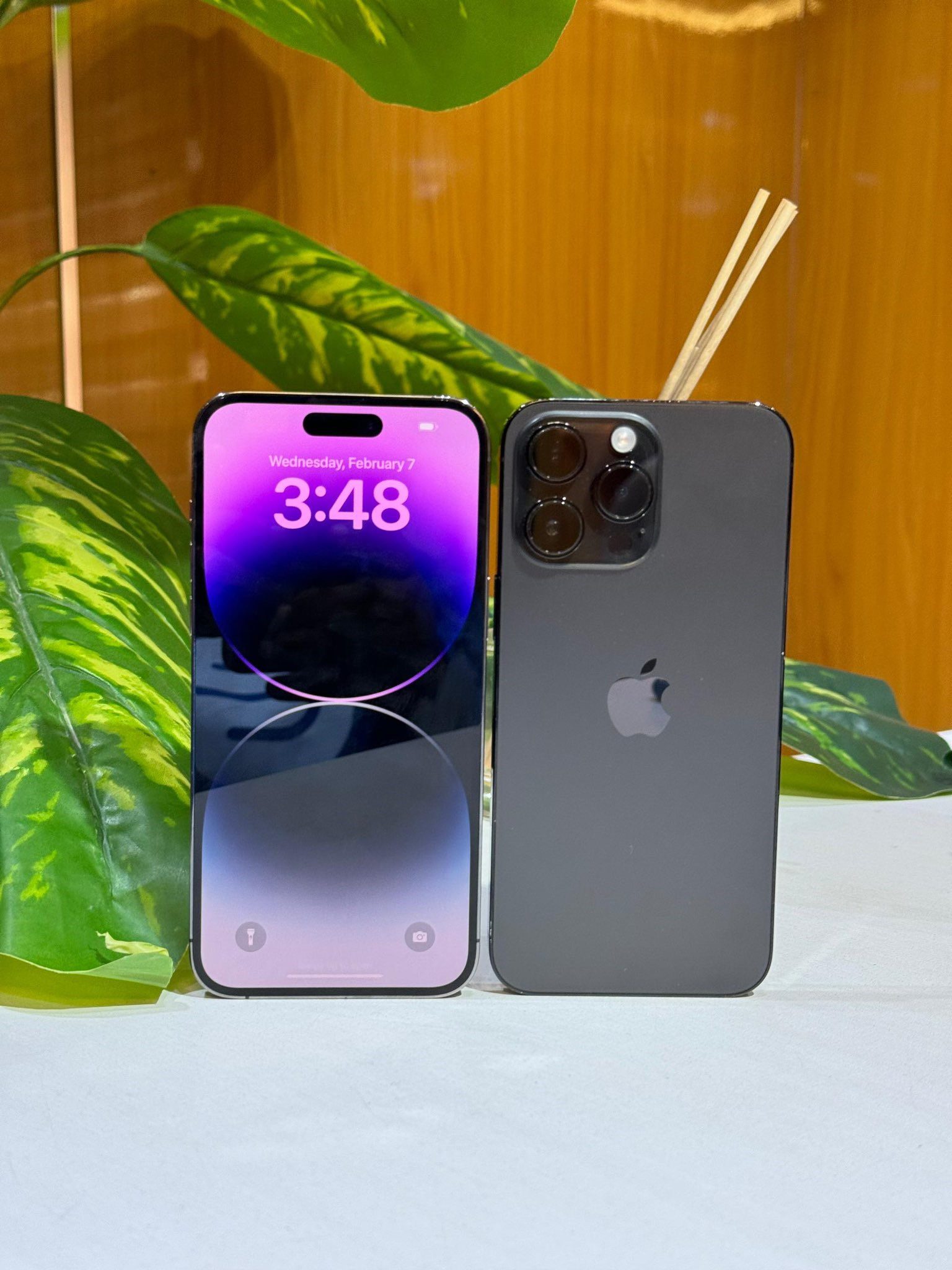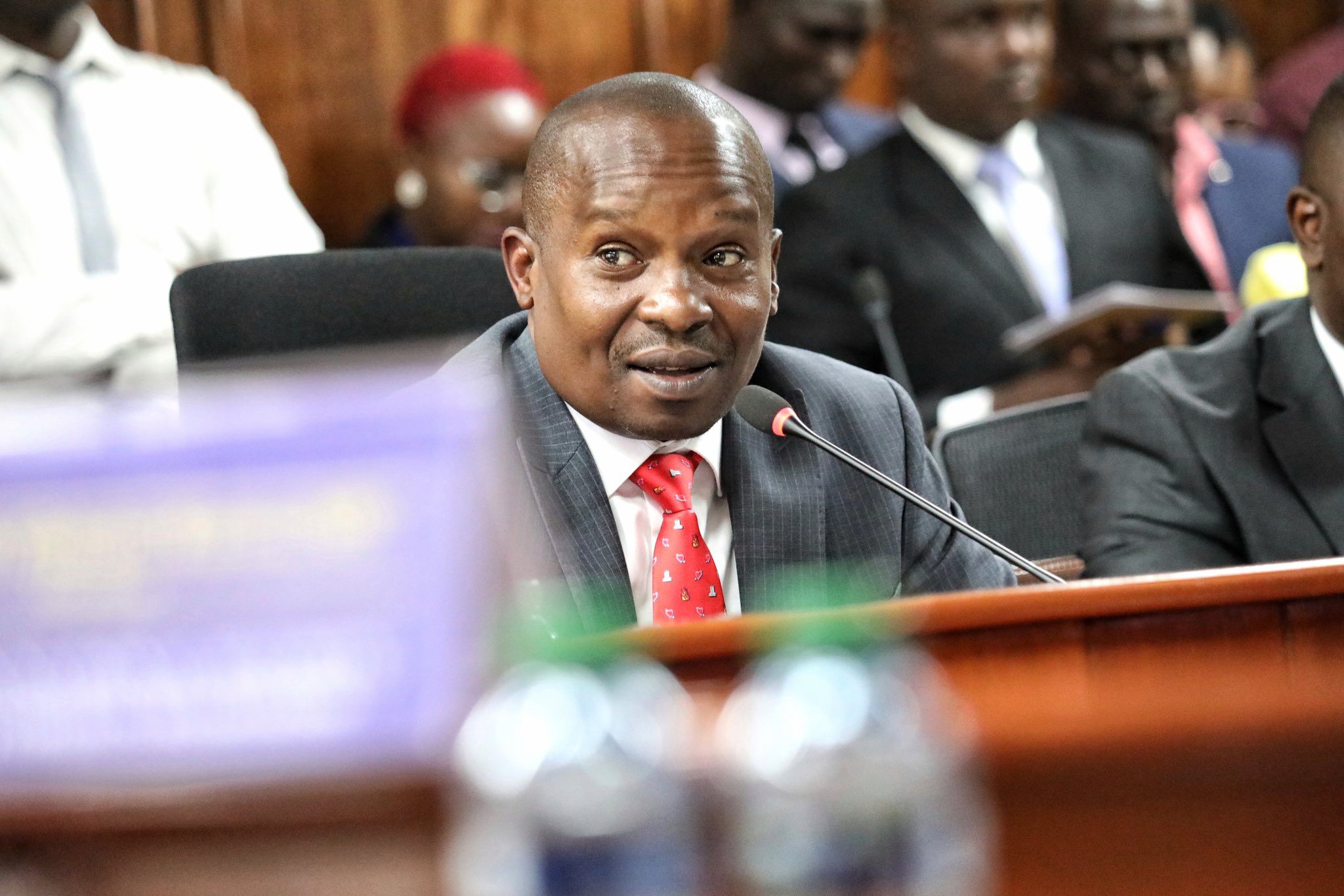
Refugees are usually associated with the lowest forms of life, well it’s not different at Daadab, World’s largest Refuge Camp located in North Eastern Province, Kenya. In Somalia where most of these refugees come from, they are barely exposed to any form of education, hence thinking of an educated group is quite a gamble.We are talking about half a million refugees. In Daadab,a total of 279,000 youths are hosted in the camps, last year some 41% of these got enrolled in school and those that went to secondary school were 8.5% of the youths.
In a world exposed to ICT from primary school level in most cases, these are a very disadvantaged lot that would naturally go into the job market that is marked by computer trained graduates that have learnt to do most of their things on computers. These refugees could not even write emails to apply for jobs, leave alone do a spreadsheet to manage finances in a small business.
In comes UNHCR, Microsoft and HP and their hopes got some fuel. Microsoft invested a grant of some USD 250,000 to help set up the Community Technology Access (CTA) Project that has already materialized with solar/generator powered computer labs for the secondary schools and community. The target here is to empower the community with formal education, vocational training and community e-learning.

HP also came in and contributed 60 computers in kind to assist in the coming to fruition of the project that is now set up in two secondary schools, Hagadera secondary school and Wamberi Secondary school and the local community centre. UNHCR co-ordinates the project that also involves other partners like Windle Trust that facilitates the teacher training while Norwegian Refugee Council developed a multi-institution training system that enables teachers prepare exams and track student performance.
9million.org supplied the project with solar panels that are set up with battery packs to power up the computer labs, the place is not covered by the national electricity grid and relies on generators run by UNHCR and Solar power which is quite sustainable as there is a lot of sun.
Justus Omondi, the Physics teacher at Wamberi Secondary School is one happy man as he says he is now able to do research in more interesting teaching methods and can now simulate the teaching process in the computers which are multi-point and hence he can control what the students can see at a go.

Microsoft came in through the Microsoft Youth-spark that according to Caroline Nduku who is Microsoft Citizenship Representative, aims to uplift the youth and impact positively in their future by giving them access to ICTs. Microsoft has so far impacted some 300 million youth globally and continues to do so.
This is also in tune with the Microsoft for Africa initiative that seeks to get 1 million SMEs in Africa online. Microsoft has previously set up a pilot project in Nanyuki where they give internet access to far fetched communities through unutilised TV White Spaces.




















